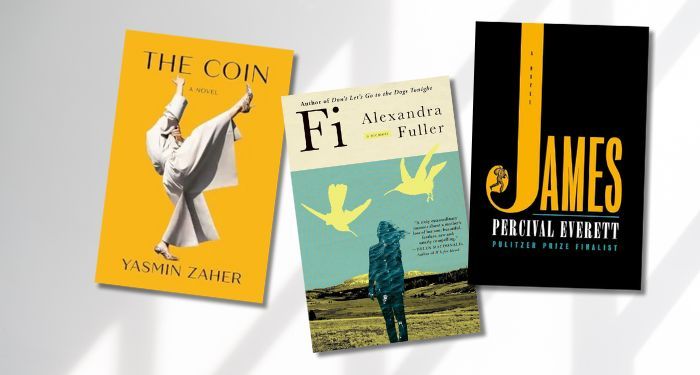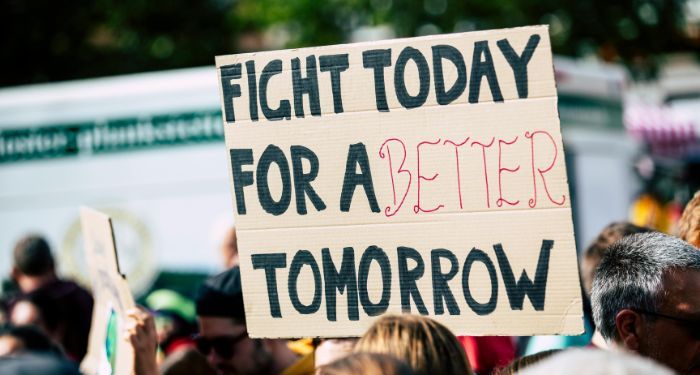By Yoshihiko Hogyoku.
_________________________________________________________
Smart city
by Yoshihiko Hogyoku
The city you want to live in.
The air is dry, my skin is dry,
the sun is strong and my eyes glistening
There’s no place for Nature to hide.
Dead man in the forest,
light a lamp on the blue snow,
take a lick of the water of life,
start singing the song of sprouting.
I don’t need a blanket full of fleas.
I don’t need divine judgment or your watchful eyes.
I remain silent before the bonfire,
to make a morning with faded words.
The drone was kicked by a hawk.
The computers were roasted in whiskey.
I’m in the invisible forest,
creating a city full of the dead.
Translated by Miya Hogyoku and SJ Fowler
_______________________________________________________
Straw House
by Yoshihiko Hogyoku
You’re in this place,
comfortable
as if to confirm,
with muscles and breath,
to everything
you gave a name.
Everytime you blink,
the back of your mind
blinks.
It’s okay,
something unseen,
at your house,
a sunny room
and a secret room.
A room that should remain unrevealed.
Not a temporary place.
Not a pseudonym,
under your name
you accept every moment
and you accept here is the place
you live.
Under the sky,
a straw house.
Until the next blink,
sounds from words,
the light and dark,
until it disappears.
Translated by Miya Hogyoku and SJ Fowler
_________________________________________________________

Yoshihiko Hogyoku – Born in Fukushima Prefecture in 1976, surrounded by nature and the philosophy of buddhism, since his family house was a temple, he began writing poetry at the age of 17, deeply influenced by the poet Ryuichi Tamura. In 2011 he was forced to evacuate due to the Great East Japan Earthquake and the Fukushima Daiichi Nuclear Power Plant accident, since the area he lived was designated as an evacuation area from the radiation contamination from the accident. In 2017 he was able to return to his home land. During this period he published his first poetry collection “Picnic”(2015). After this experience he found a link between cognitive science, martial arts and poetry, which were all his passion, and he uses these structures in his writing. In 2022 he became a Buddhist monk and is pursuing his writing also with a perspective of Buddhist philosophy.











 Bengali (Bangladesh) ·
Bengali (Bangladesh) ·  English (United States) ·
English (United States) ·